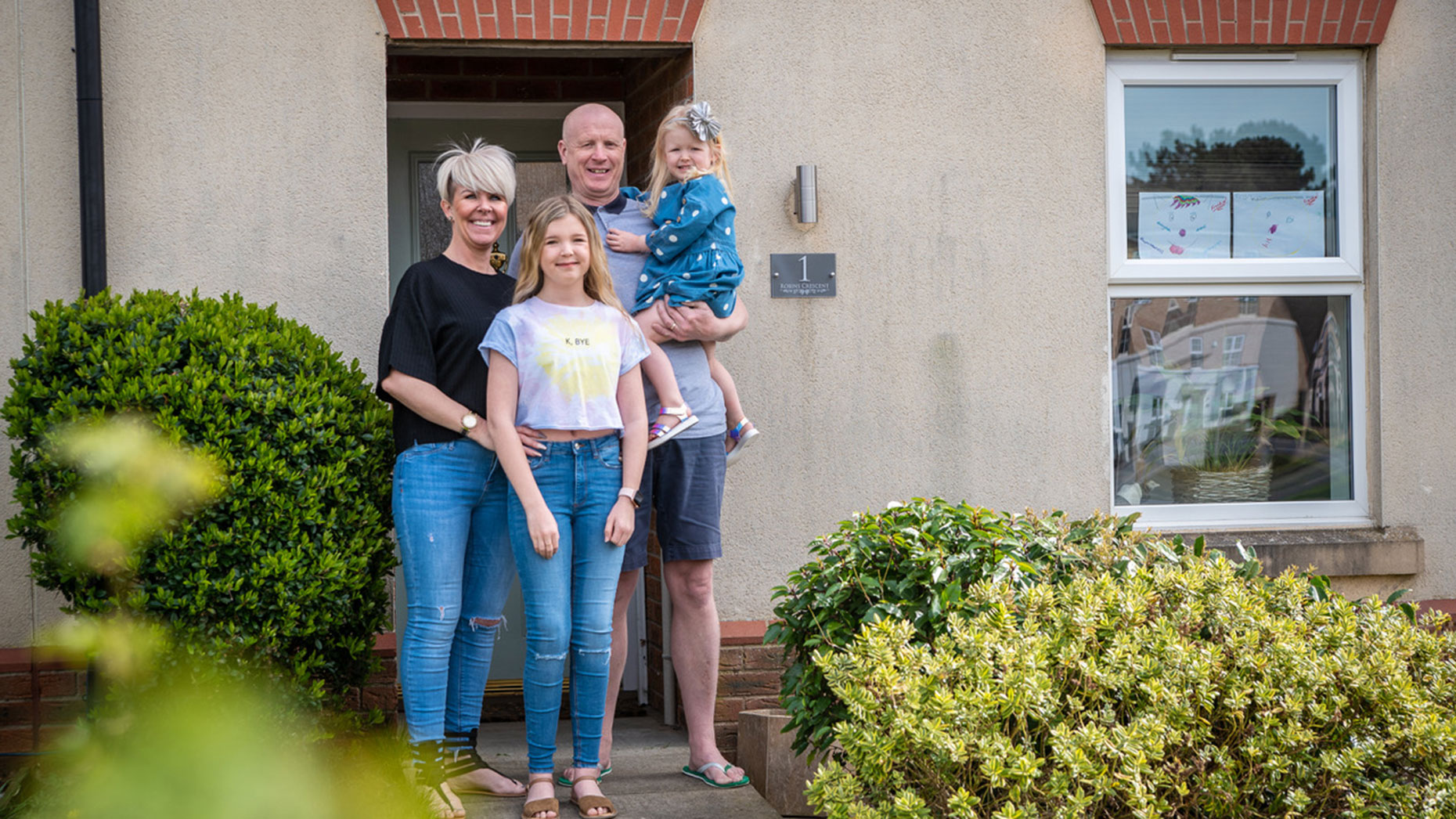Today, the sun will rise and set on streets that stand eerily quiet and disturbingly still. Bringing additional light, warmth and cheer, however, is the new art that is all around us. The pandemic has unlocked a great outpouring of creativity, in union with a mass expression of gratitude for the work of the NHS. Rainbows are everywhere, and in all sizes, shapes and forms: tied to school gates (currently shut and locked), knitted in yarn, crayoned on paper, chalked on pavements, dangling in windows, and painted on brick.
In preparing for week six of my pandemic column for The Lincolnite, I was delighted to be sent some new verses by a good friend and poet, Maureen Sutton. I would like to share three with you.
During these locked-down days, we are perhaps making more phone calls to friends and family, having conversations that we have been putting off for weeks, months, years even. Alongside, some are rediscovering the art of letter writing. Through such phone conversations and letters, dim and distant memories are being recalled and shared. Poetry is a great way of conveying thoughts and feelings, and capturing personal stories. In an extract from one poem, ‘Yesterday’s Lincoln’, Maureen gives a glimpse into a moment in her past:
Play time at St. Hugh’s R.C. Lincoln 1940s, lads with shaved
Purple heads, knees and elbows yelled like the warriors of
Great Britain we’d just read about in history lesson.
Confused by gentian-violet and blue woad we believed they
Hailed from Brothertoft so avoided them, feared a kick from
‘Hand-me down boots’ weighted by segs [metal reinforcements] or patched with pieces
Of bike tyres too worn to reuse.
The lockdown, one day, will end. In the meantime, we probably take moments to pause more often than we would usually, observing what is different and strange, or noticing what is ordinarily missed in the rush of the everyday. A piece of Maureen’s second poem, offers ‘A record of a Spring Day’:
I’m under ‘House Arrest’ due to Coronavirus virus,
I’m aware of a welcome lull in the constant roar of traffic.
Pollution’s decreased, the sky is clear, blue as a blackbird’s egg.
Birds have gathered for their daily feed of sunflower seeds:
A robin, showing off his russet chest, sparrows, blackbirds,
too many pigeons. The body of a thrush, killed by next door’s Bengal cat.
Living through lockdown times is quite a challenge. Many are returning to tasks long neglected, or taking up activities that are entirely new. Writing a first poem might be one of these? For those who may be after a greater test still, is it time to brush up your dialect? The sound of our Lincolnshire accents remains with us and around us, but our local vocabulary is rarely heard now. For a final poem, Maureen writes in regional dialect about being under ‘House Arrest’. Its sentiment will be shared by many:
Well maate, I’ve gotten a craw to pick wi Boris, he’s putten me under
‘ouse arrest, an’ I dossent like it, I ain’t gone an’ done owt wrong
An’ now I’ve got to stay at ‘ome for weeks on end.
It ain’t no good werriting so I’ll just have to find summats
To keep me sen busy or I’ll go crazed. Already I’m mazzeled
About what I’m going to do?
Dr Andrew Jackson is the Head of the School of Humanities. Andrew is a historian with current research interests that include twentieth-century urban and rural change, and local and regional history. He also engages in consultancy and project work relating to community history and heritage, digitisation and e-learning. Andrew joined the staff of Bishop Grosseteste University in 2007, following ten years at the University of Exeter.







